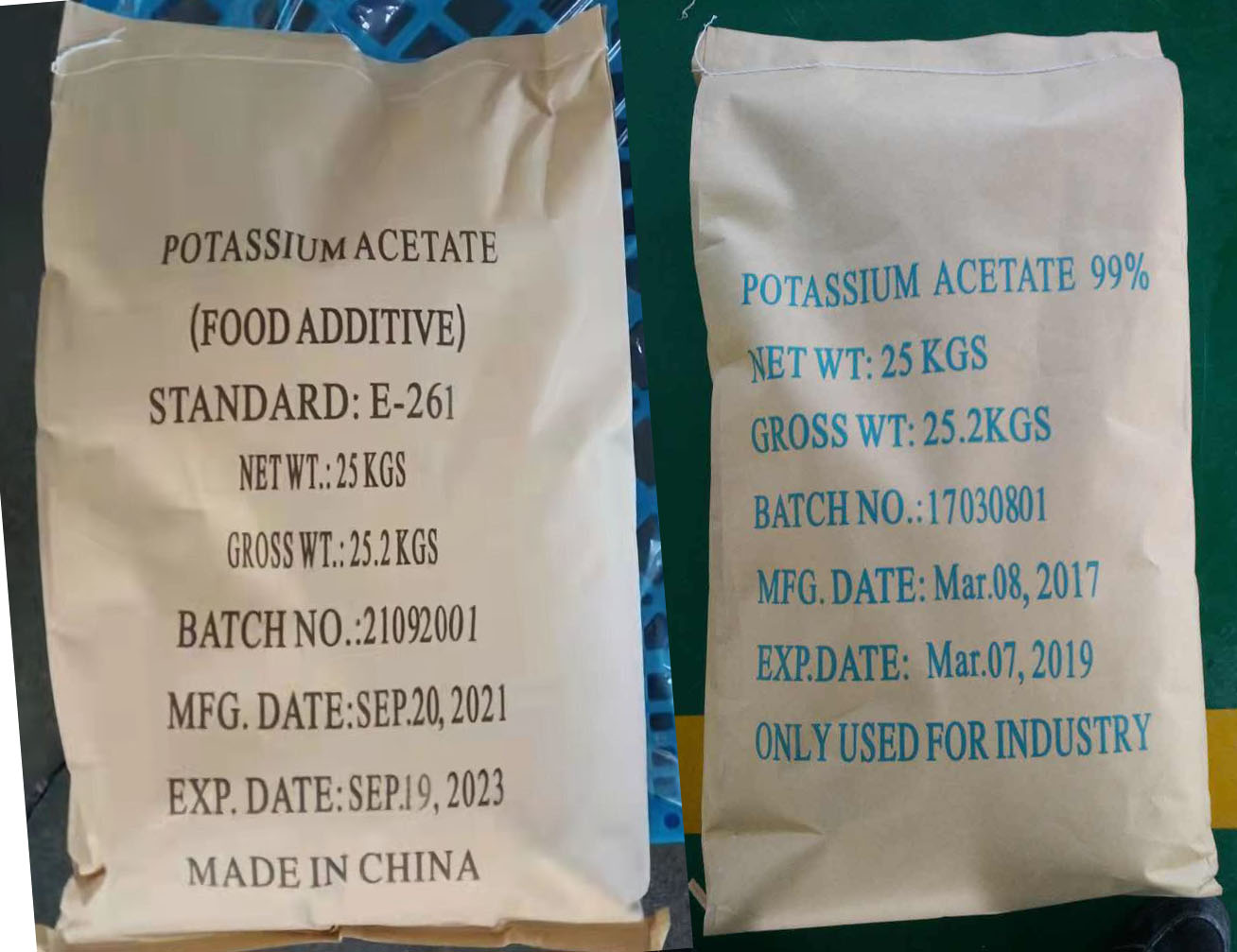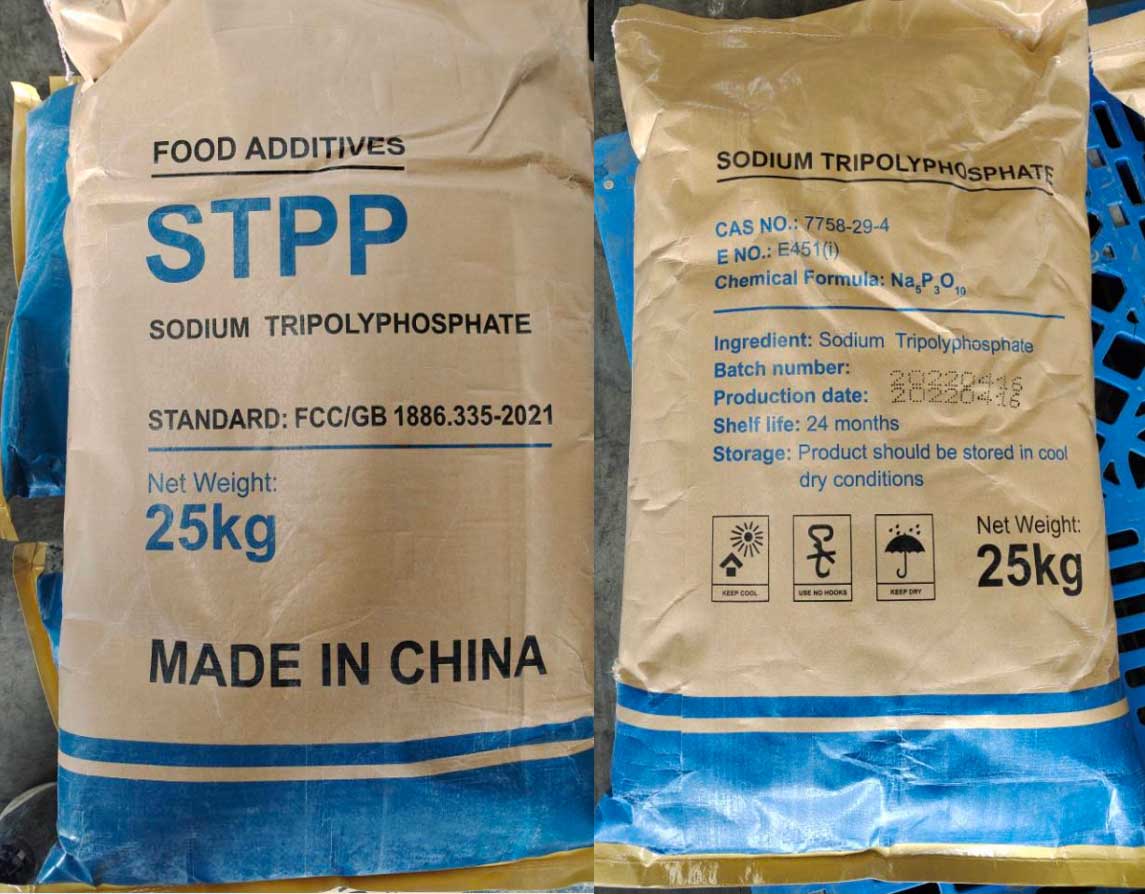Potassium carbonate, also known as potash or pearl ash, is a white, hygroscopic powder that has found significant application in the food industry, particularly as an additive in flour. Its primary function is to improve the quality and performance of flour, making it a valuable ingredient for bakers and food manufacturers.
One of the key roles of potassium carbonate in flour is its ability to act as a leavening agent. When added to dough, it reacts with acids present in the mixture, releasing carbon dioxide gas. This reaction causes the dough to rise, resulting in a lighter, fluffier texture. This is especially beneficial in baked goods such as bread, cakes, and pastries, where a good rise is essential for the desired texture and appearance.
In addition to its leavening properties, potassium carbonate also serves as a pH regulator. It helps to adjust the acidity of the dough, which can significantly impact the final product's quality. By maintaining an optimal pH level, it ensures that the dough ferments properly and develops the right flavor profile. This is particularly important in sourdough and other types of bread that rely on fermentation for their characteristic taste.
Another significant benefit of potassium carbonate is its ability to enhance the nutritional value of flour. Potassium is an essential mineral that plays a crucial role in various bodily functions, including maintaining proper heart health, regulating blood pressure, and supporting muscle function. By adding potassium carbonate to flour, manufacturers can increase the potassium content of the final product, making it more nutritious and appealing to health-conscious consumers.
Moreover, potassium carbonate can improve the shelf life of baked goods. It acts as a preservative by inhibiting the growth of mold and bacteria, thereby extending the freshness and longevity of the products. This is particularly advantageous for commercial bakeries and food producers who need to ensure that their products remain fresh and safe for consumption over a longer period.
In terms of processing, potassium carbonate is easy to incorporate into flour. It can be mixed directly with the dry ingredients, and its fine, powdery consistency ensures even distribution throughout the dough. This uniformity is critical for achieving consistent results in baking, as any uneven distribution of the additive could lead to variations in the final product's texture and quality.
It is worth noting that while potassium carbonate offers numerous benefits, it should be used in moderation. Excessive amounts can result in an unpleasant, soapy taste and may cause the dough to become overly alkaline, which can negatively affect the final product's flavor and texture. Therefore, it is essential to follow recommended usage guidelines and conduct thorough testing to determine the optimal amount for specific recipes and applications.
In conclusion, potassium carbonate is a versatile and valuable additive in the food industry, particularly when used in flour. Its leavening, pH regulation, nutritional enhancement, and preservation properties make it an indispensable ingredient for bakers and food manufacturers. By understanding and leveraging these benefits, producers can create high-quality, nutritious, and long-lasting baked goods that meet the demands of modern consumers.
Keywords:
- Potassium carbonate
- Leavening agent
- pH regulator
- Nutritional enhancement
- Shelf life
- Baking




